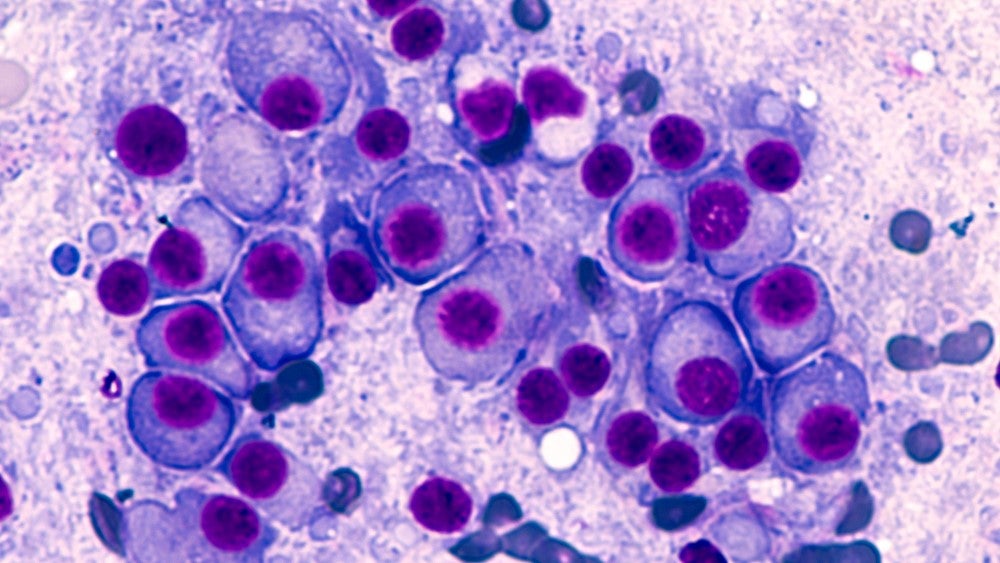Flamingo Therapeutics has dosed the first subject in the Phase II PEMDA-HN clinical trial, which is assessing the combination of danvatirsen and Merck's Keytruda (pembrolizumab) for recurrent/metastatic head and neck squamous cell carcinoma (HNSCC).
This marks a significant step in the evaluation of danvatirsen, a lead oncology programme of Flamingo, which acts as a signal transducer and activator of transcription 3 (STAT3) and has demonstrated clinical activity in HNSCC.
The open-label, randomised international trial will be carried out at multiple centres in the UK, the US and Korea.
It is designed to compare the safety and efficacy of danvatirsen and pembrolizumab combination against pembrolizumab monotherapy as a first-line treatment for patients with programmed death-ligand 1 (PD-L1) expressing tumours.
Participants in the trial will be categorised into a two-to-one ratio, with two-thirds receiving the combination therapy and one-third receiving pembrolizumab alone.
Measuring the overall response rate according to RECIST 1.1 criteria is the trial’s primary goal.
Secondary endpoints of the PEMDA-HN trial include evaluating safety, duration of response, progression-free survival, disease control rate, and overall survival.
Through its clinical-stage pipeline, Flamingo is developing RNA-targeted therapies for oncology, focusing on transcription factors and long non-coding RNAs that are typically considered undruggable.
Flamingo CMO Andrew Denker said: “We are excited to launch this study and evaluate the combination of a STAT3 targeting agent, danvatirsen, with an established checkpoint inhibitor used in first-line therapy for this difficult-to-treat cancer population.
“Based on the potential synergy of the mechanisms of action, we aim to improve upon the overall response rates of pembrolizumab alone to better serve HNSCC patients.”















